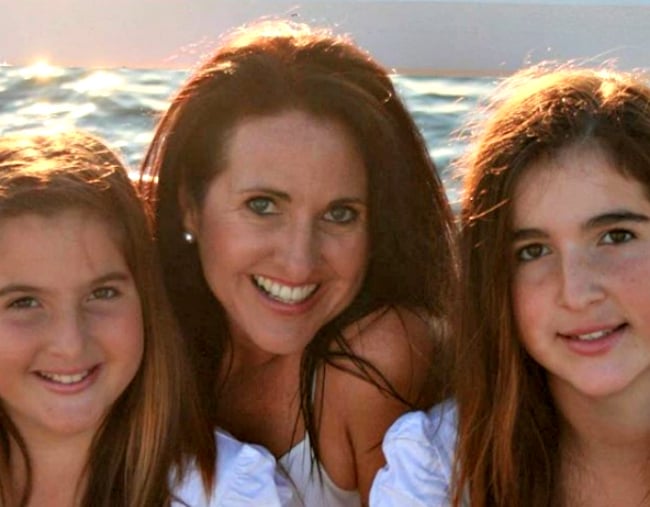
It’s been four years since I first read the article published by Mamamia talking about the 44,000 homeless women that were having to go without a bed to sleep in and a shower to clean themselves.
But what I considered the worst part was that they had no access to the basics of necessities like sanitary items when they got their period.
Wow, where have those three years gone?
I was a bit foolish to believe I could solve this problem. You see, back then I thought ‘right 44,000 homeless women, surely, they don’t all menstruate right? So that’s maybe 30,000 that need our help monthly’. Doable, I thought.
But the sad reality is the problem is so much bigger than I ever imagined and starting Share the Dignity was simply scratching the surface. More than 175,000 women turned to homelessness services last year, a staggering number.
That doesn’t include the drought-stricken farming girls and women using towels – not towels you and I would have in our cupboards, we are talking spit through towels that are cut up and used – because putting food on their table is far more important to them than the dignity they deserve to deal with their period.
Nor does it include the grand problem that exists in our remote Indigenous communities or Indigenous communities full stop. This is a problem all on its own and the numbers of girls and women going without is too great to measure.

Top Comments
Bless you Rochelle - you are making a difference in so many lives.